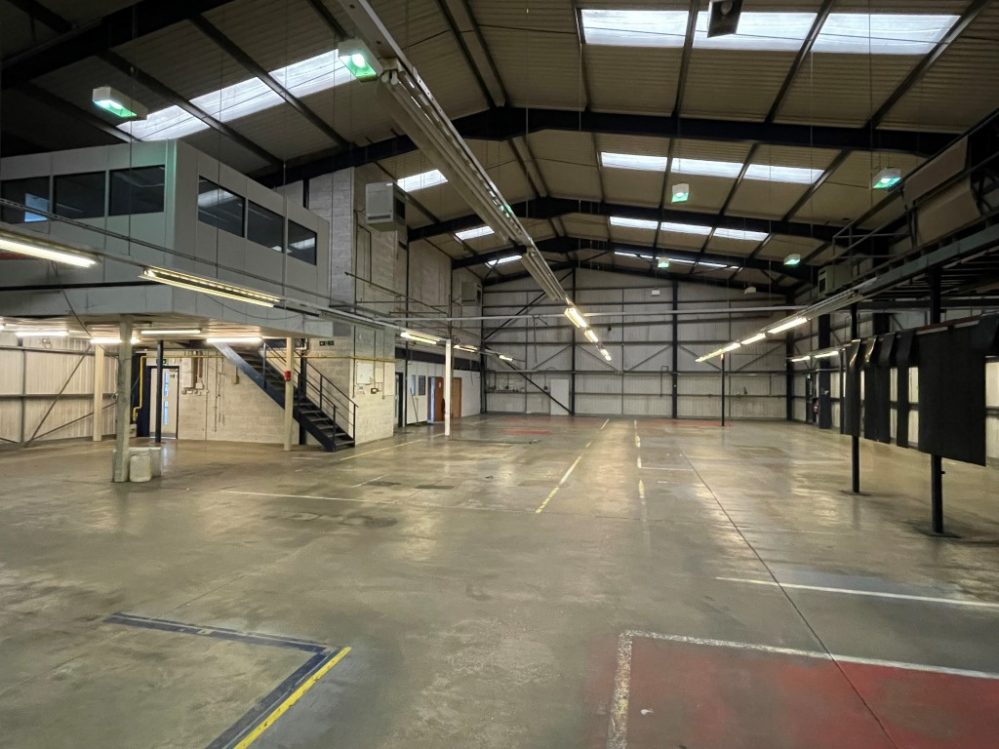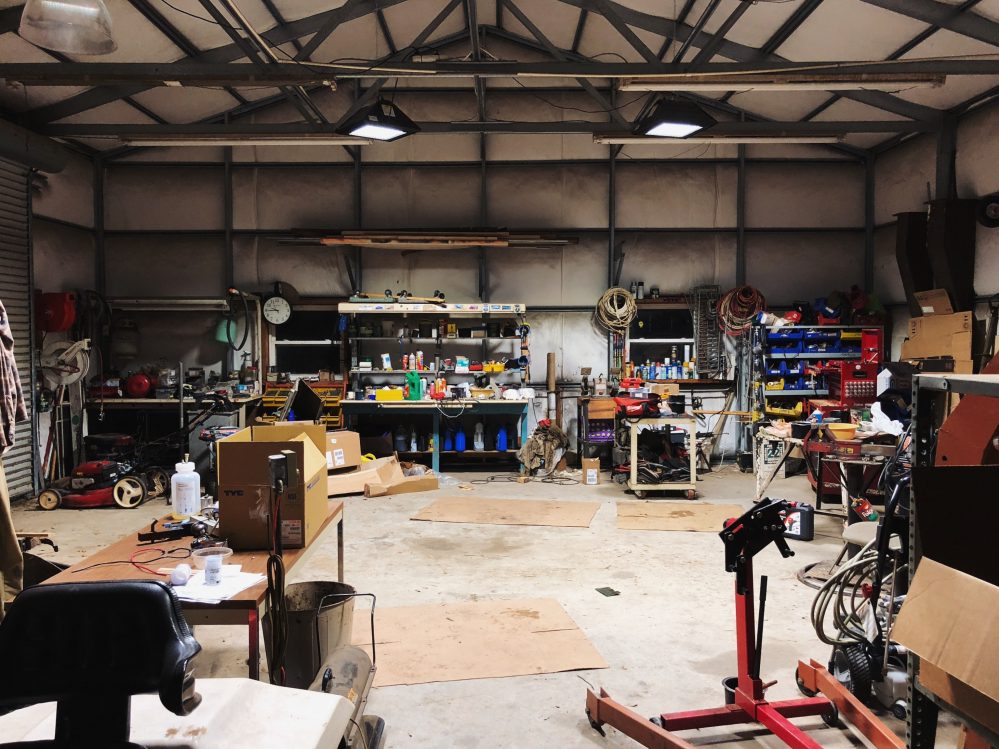How Do Commercial Mortgages Work?
PallMallIn order to finance a commercial property purchase, it's likely
that you'll need to obtain a mortgage. There are specific
mortgages in place designed to suit the industry, and navigating
them can seem overwhelming. So, how do commercial mortgages
work?
Get the best deal possible, and get help finding
it
As with standard residential mortgages, it is very important to
hunt around and take the time to find the perfect one. Taking
on a corporate lease is a big deal, and is not something you should
get involved with until you've done your research.
Quite often, the high street won't offer the best prices; a very
effective way of digging out the best rates is to consult an
impartial, specialist mortgage broker. Ensure that they're a
genuine fiduciary - that is, they have an ethical (and legal)
relationship of trust with clients. In other words, ensure
it is their legal responsibility to get you the best
deal.
You may be able to find a broker that specialises in your
particular sector - this can be beneficial: The National Association of Commercial
Finance Brokers is an excellent place to start when hunting
down the right adviser.
What information will you be asked to
provide?
As with any mortgage application, you'll be asked to provide
quite a wide range of data about your business and its
finances. Different lenders may ask for different specifics,
but you can be pretty sure that you'll have to demonstrate:
A full business plan including a plan for how you intend to
pay back the loan
Current business performance records
A profit and loss forecast for the next year
Bank statements for the previous six months
Audited accounts for the last two months
Asset and liability statements for each applicant
Profiles for each partner and director of the
business
What are the typical terms?
Generally speaking, commercial mortgages are usually taken out
for between one and 15 years, but like residential mortgages the
maximum term is usually 30-35 years. If you provide a higher
deposit (greater than 25 per cent usually) then you'll be seen as a
lower risk, and are likely to get lower interest rates; as is the
case with residential mortgages.
As with any kind of mortgage, the premises will be at risk if
you're unable to keep up with your repayments.
What are the typical repayment terms?
Repayment terms in the commercial sector are usually similar to
those in the residential market, but with higher interest rates:
this is a result of commercial mortgages being seen as more of a
risk.
The majority of deals in the commercial mortgage market are
either fixed or variable rate, with fixed rate deals usually
lasting between two and five years. Fixed rates can definitely
provide you with stability, but they do mean you won't be able to
take advantage of falls in the base rate.
In terms of specifics, terms are usually similar to those in the
residential market. A repayment mortgage option (where you
pay back both interest and capital each month) means you will then
have all your bases covered. You'll also have the option of
choosing an interest-only mortgage, where (as the name suggests)
you only repay the interest back each month on the total amount
that you've borrowed.
If you do go with the latter option, then the lender will nearly
always seek evidence of an insurance or investment policy to verify
that the capital owed at the end of the loan term will be
covered.
Fees
Common fees include:
Arrangement fees (usually between 0.5 per cent and 1.5 per
cent of the loan value)
Valuation fees (the cost of the lender undertaking a survey
on the property in order to establish its value)
Legal fees (including legal documents, insurance and your
own surveys)
Redemption penalties (a fee payable to the lender should you
pay off your mortgage before the agreed term)
It's important to set your mortgage repayments at a comfortable
level. One of the biggest mistakes businesses make is
investing in a property that is too expensive.
Your premises could be at risk of repossession if you miss
repayments. It's important to remember that variable rates can go
up (and on rare occasions they can go up quite
significantly). Though a 2 per cent rate might mean your
repayments are comfortable, would it still be so if the rates shot
up to 8 per cent? Always take potential rates into account when
considering mortgage costs.
—
Pall Mall Estates have a wide range of low cost commercial properties across the UK.
Take a look at our available spaces here or get in touch with our experienced team here.







